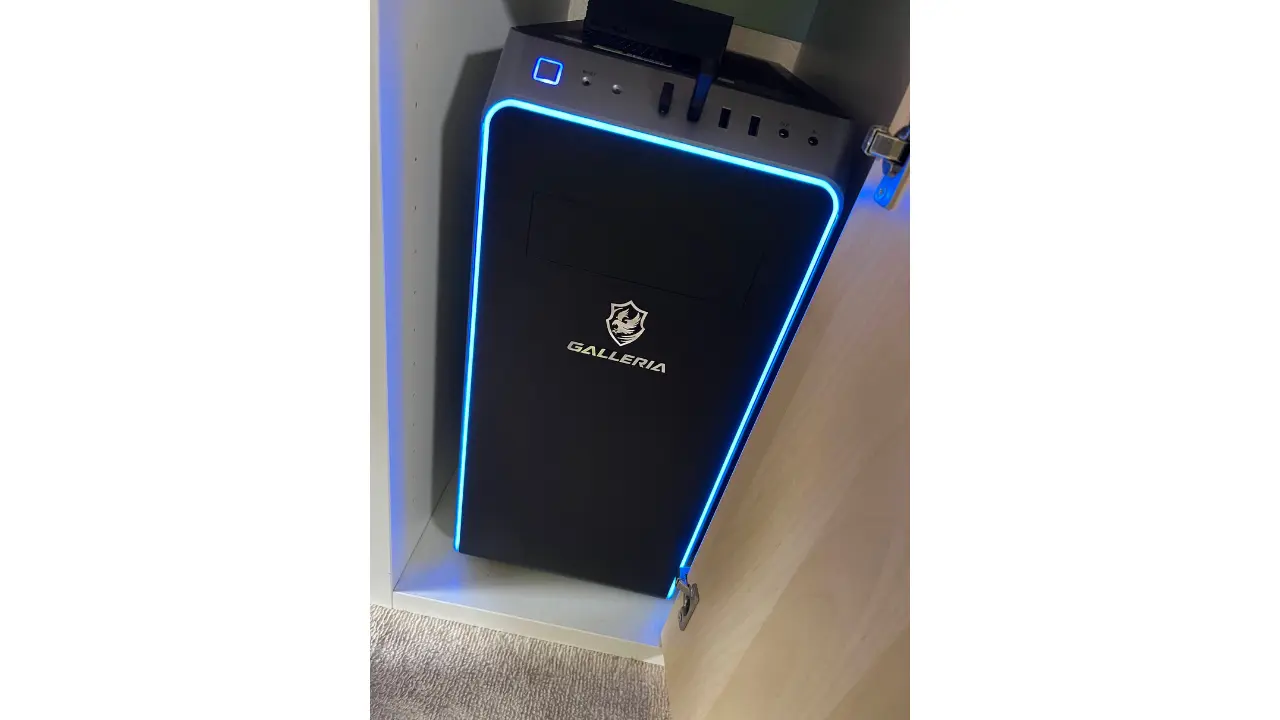|
|
中2むすこの中学校で英語の副読本を発売してくれると言うので英語教科書(光村図書)完全準拠の「基本文型集」というのをむすこにお金を渡して買ってきてもらいました。
これで勉強の役に立てばということではなくて、親が現在の中学校教育に混乱しているためにそれの整理につながらないかと言うヘンテコな理由で購入しました。
中身を見ると、「「読み解く力」と「表現力」を身につけるため」とまえがきに書いてある通り、英語の文献を「読む」教育を主に受けてきた年代には整理がついてわかりやすいもので、それだけでも買ってよかったと思っています。
値段は1冊550円で70ページ程度ですので、中学校の英語「読解」分野なんてそんなもんです。
これを丸暗記できれば、読解分野だけは満点が取れると思います。
ただ、現代中学校英語はそれだけでは済まなくて、ヒアリングやスピーキングが入ってきますので、英語を総合すると教科書的にはものすごいボリュームになってしまって、更にどこをどう教えようか主に「読解」教育を受けてきた世代としては戸惑うのであります。
おとなの戸惑いと言うのは、こどもにも伝染りますのでそれで習う方も無駄に混乱してしまうと言う訳です。
一方むすこの方は、書いてあるものに関しては特性上すぐには覚えられないので、比較的得意なヒアリングやスピーキングでなんとか得意分野の披露をしてがんばっているようです。
そのヒアリング・スピーキングも難易度が上がっているものを英語として覚えるのも限界がありますので、カタカナ英語で補っている。そんな感じです。
家でも相変わらず習ってきたっぽい英語を披露してくれるのですが、カタカナ英語です。
でも、間違っていたとしても、ぼくはあえてそれを直そうとは思っていません。
間違っていることに後から自分で気づいた方が身につくし、ぼくの経験からカタカナ英語は英語習得の基本だと思っていたからです。
いくら、日本で英語を勉強していっても、いきなり海外に行かされたらことばなんかほとんど通じません。
でも、周囲の人がしゃべっていることを自分なりのカタカナでしゃべってもなんとか通じちゃったりします。
そのためには、たくさん外国語を聞いて、口にする。
会話上のことばなんか最初はつづりもわからないので調べようがなくて、なんとなくこんなこと言ってるんじゃないか?と思って返してみるとなんとかなる。
それの繰り返しです。
そして、余程気になって後からそのことばを書物で調べられればバッチリになれます。
今は中学校の英語教育が盛り沢山なために、中学生が英語で困っているような状態の子が多いと感じます。点取り虫になろうとすると苦しくなってしまう。そんな感じです。
でも、ちょっとそれを逆手に取ろうと思います。
英語の授業が多いそうですので、たくさん英語に触れてもらってカタカナ英語でも良いから適当に聞いて、しゃべって頭のどこかに残してくれれば、将来英語をしゃべらなくては行けない場面になってもなっても、ぼくらのように多少苦労は減るのではないかなと考えています。
そのためには、今の定期テストで点数の事をあまり気にさせず、スピーキングやヒアリングの出来たところだけ褒めてあげようと思います。
ちなみに、いまむすこは中2ですが、この教科書完全準拠の「基本文型集」はどうせなら中3のものも購入しようと思ってお金を持たせたのですが、中3のものは売ってくれませんでした。
理由は、「来年教科書の改訂があるからだそうです。」
そう言って、お釣りをくれたそうです。
「お金はお釣りのないように」とのことでしたが、良心的です。
それよりも、来年から教科書の改訂があるというところに注目です。
習得すべき教育の基本線は今までと変わらないと思います。
この混乱している中学校の英語教育を教科書レベルでどう、整理してくるのか注目したいと思います。

Here’s the translation of the revised text into English:
At my second-year junior high school son’s school, they announced that they would be selling an English supplementary reader. So, I gave my son money to buy a “Basic Sentence Pattern Collection” that is fully compliant with the English textbook (Mitsumura Tosho).
This wasn’t purchased to help with his studies, but rather for the odd reason that I, as a parent, am confused by the current junior high school education and thought it might help me organize my thoughts.
Looking inside, as the preface states, “To acquire the ability to understand and express,” it is well-organized and easy to understand for those of us who mainly received an education focused on “reading” English literature. Just for that alone, I think it was worth buying.
The price is 550 yen for a 70-page book, which is about right for junior high school English “reading” sections.
If he can memorize this, I believe he can score full marks in the reading section.
However, modern junior high school English isn’t just about that; it also includes listening and speaking, making the overall textbook content quite voluminous. This can be bewildering for those of us who primarily received “reading” education.
The confusion of adults can also affect children, causing them to become unnecessarily confused.
On the other hand, my son, who has difficulty immediately memorizing written content due to his characteristics, seems to be doing his best to showcase his relatively strong listening and speaking skills.
Even for those advanced listening and speaking tasks, there’s a limit to what he can memorize as English, so he supplements with katakana English. That’s the situation.
At home, he continues to showcase the English he’s learned, albeit in katakana English.
But even if it’s wrong, I intentionally don’t correct him.
From my experience, realizing mistakes on his own later will be more beneficial, and I believe that katakana English is a fundamental part of learning English.
No matter how much English you study in Japan, when you suddenly go abroad, you can hardly communicate.
But if you try to speak in your own katakana English based on what others around you are saying, you can somehow get by.
For that, it’s important to listen to a lot of foreign languages and try to speak them.
Initially, you won’t know the spelling of conversational words, so you can’t look them up. You just have to guess what they’re saying and try to respond. It usually works out.
Repeating this process is key.
And if you’re particularly curious and look up those words in a book later, you’ll have it down pat.
Nowadays, with the extensive junior high school English education, I feel there are many students struggling with English. Trying to score high marks can be tough. That’s how it feels.
But I’m thinking of turning this to our advantage.
Since there are many English classes, I want him to be exposed to as much English as possible, even if it’s in katakana English. If he can just listen, speak, and retain some of it, I believe that when he needs to speak English in the future, the struggles we faced might be somewhat alleviated.
Therefore, I intend to praise him only for his speaking and listening achievements without worrying too much about his test scores for now.
By the way, my son is in the second year of junior high, but I also wanted to buy the “Basic Sentence Pattern Collection” for the third year. However, they didn’t sell it to us.
The reason was that “the textbooks will be revised next year.”
That’s what they said, and they gave us the change.
They said, “Make sure there’s no change,” but they were kind enough to return it.
More importantly, the fact that textbooks will be revised next year is noteworthy.
I believe the basic educational principles will remain unchanged.
I want to pay attention to how they will organize the currently confusing junior high school English education at the textbook level.




コメント